
“The facilities are fantastic! The photography studio is so professional with all the equipment you could need.”


Carve out your career in design across print and digital platforms. Solent gives you freedom to explore your craft in dedicated design studios.
Contact international admissions
Email: Call:Graphic design at Solent University encourages you to explore a range of professional techniques and develop your own unique visual style. Throughout the course you will create visual products for a range of printed and digital mediums, and explore academic theories and visual culture in the context of contemporary graphic design.
Your professional development is supported by a wide range of high-end printing and design facilities. These include two Vandercook letterpresses, three screen print beds and three Intaglio/etching presses for calligraphy and etching work. Students also have access to photographic studios and darkrooms; a fully equipped workshop for metal and wood-working, and Apple Macs with the latest Adobe Creative Suite software.
The course’s teaching team come from a wide variety of professional backgrounds, and many are still active in the industry. The team’s close links with practising professionals have enabled past students to take part in a variety of work-based opportunities, live briefs and placements.
Graphic design students are also encouraged to submit their best work to design competitions, securing valuable exposure. Past students have found success at the Royal Society of Arts (RSA) Student Design Awards, the Design and Art Direction (D&AD) Awards, and the Creative Conscience Awards. Recent successes include two final year students - Alfie Agostinelli and Oscar Trangmar - who won a coveted pencil at the 2023 D&AD New Blood advertising and design awards.
This course is also available as a one-year top-up, please contact our admissions team for further information.
If you’re looking to study our graphic design degree but don’t have the relevant qualifications or experience, the art and design foundation year will help you develop the core skills and knowledge to progress. Find out more about the art and design foundation year.

Our creative degrees allow our students to develop a critical eye for design with a knowledge of different design approaches and problem solving techniques. Take a look at some of the great work they produce.
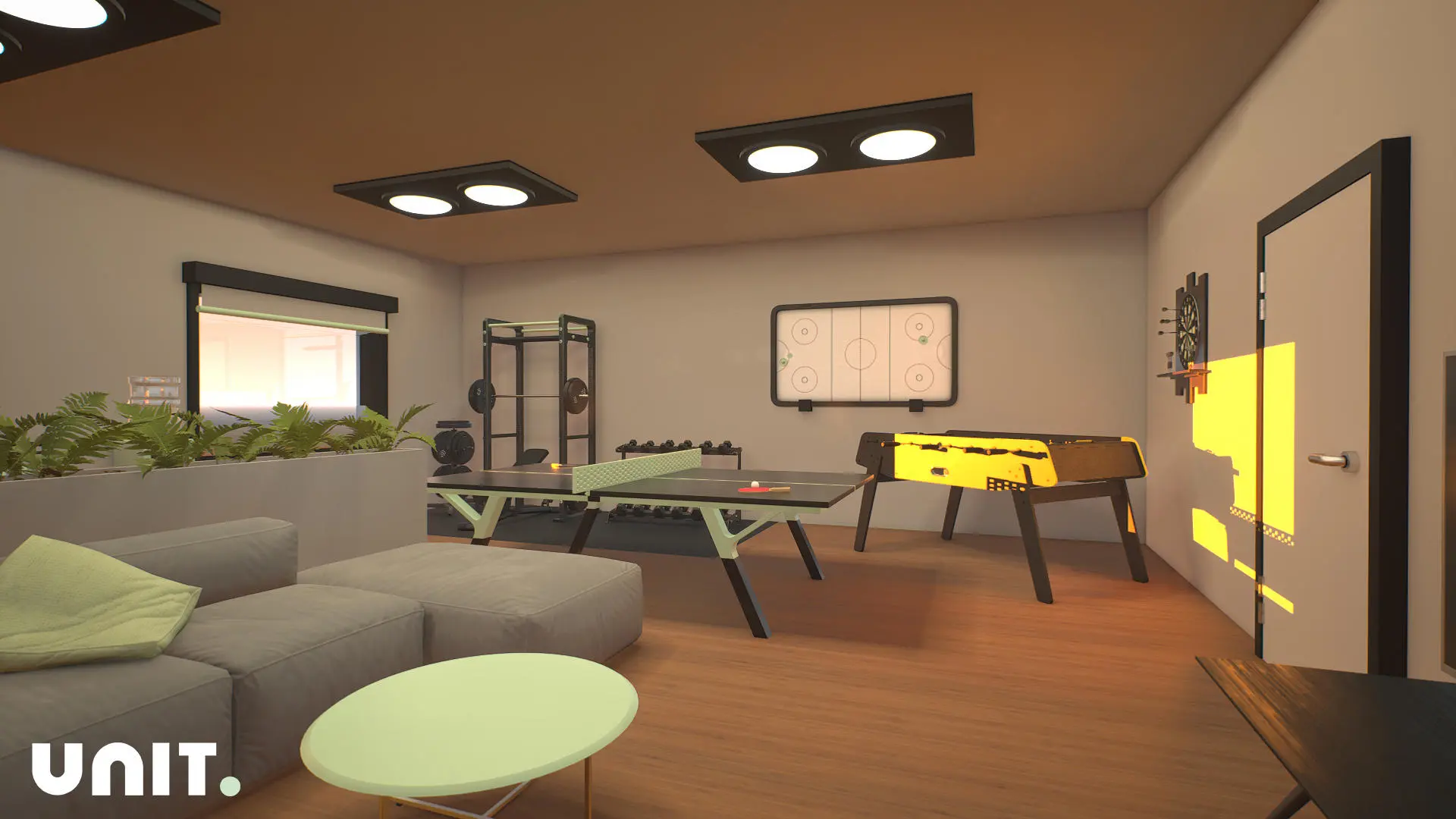

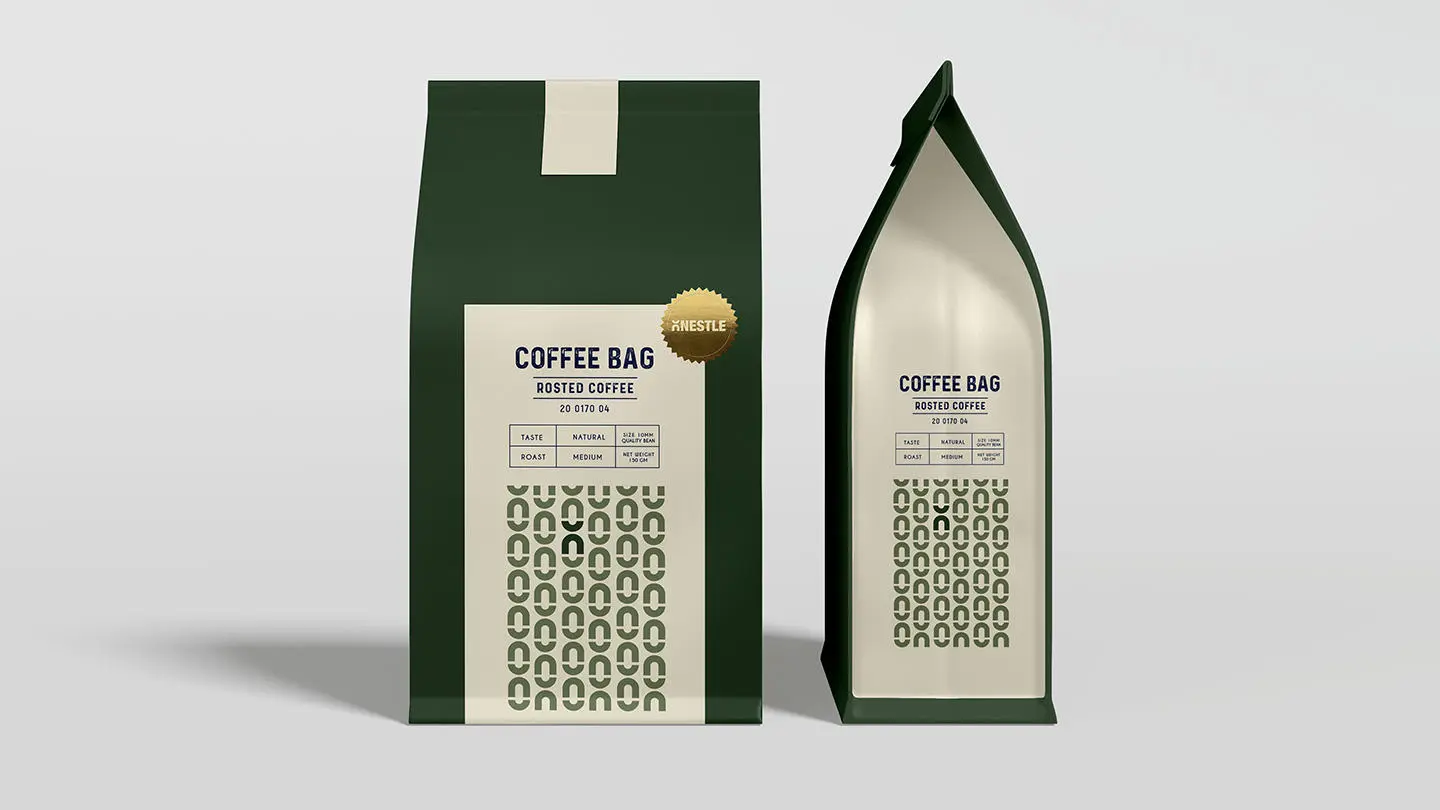

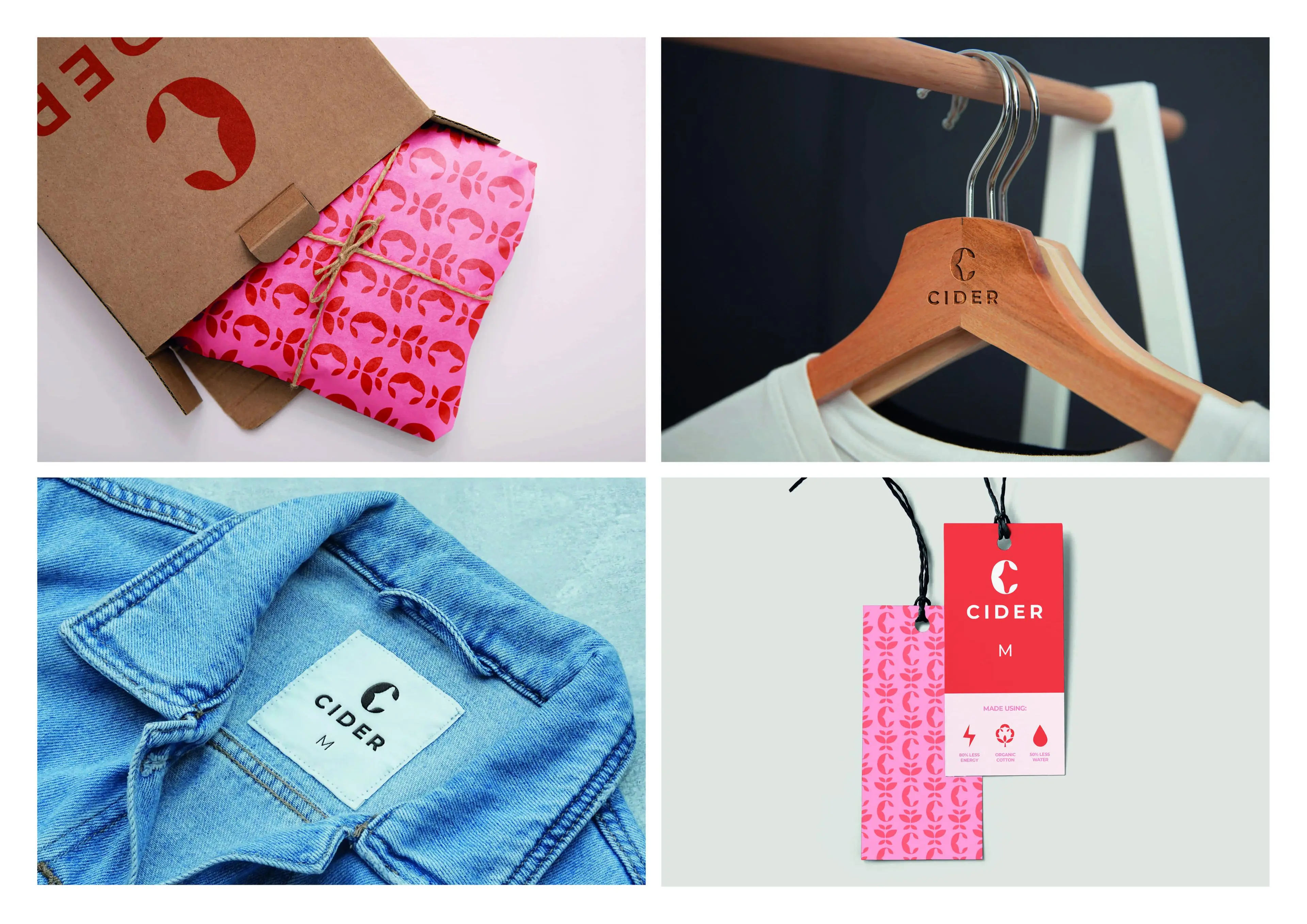
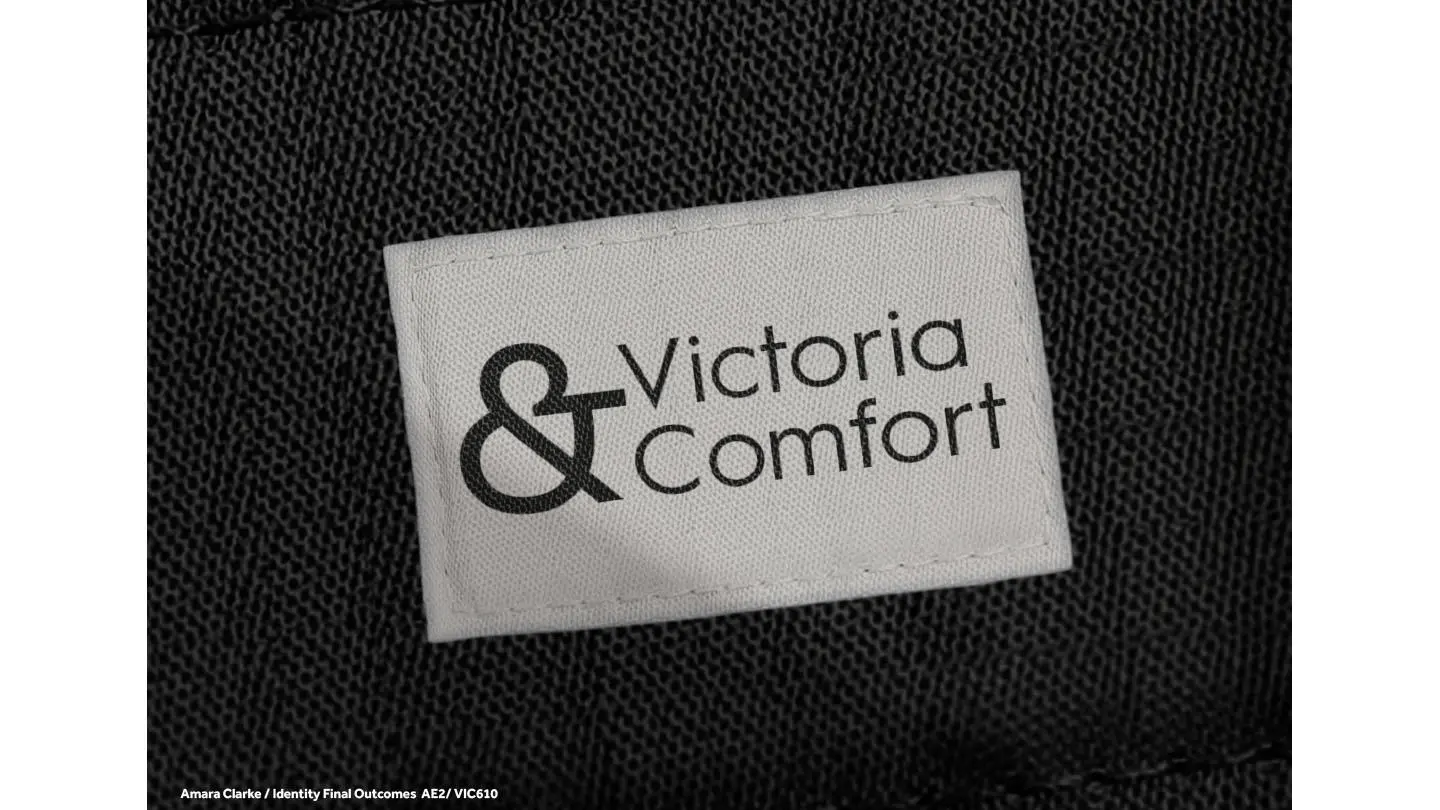
This graphic design programme is ideally suited to students from a fine art, design or illustration background who want to improve their communication skills while developing a professional portfolio.
Recent graduates work in a variety of areas including graphic design, illustration, multimedia design, web/UX design and motion graphics and are working for companies such as:
Hear from Solent alumni about where their careers have taken them and how studying at Solent prepared them for their future.
Read more stories
“The facilities are fantastic! The photography studio is so professional with all the equipment you could need.”

The University cannot guarantee any particular members of staff will teach specific aspects of the course in the future, but will endeavour to ensure the teaching team maintains their balance of experience and qualifications.
Specialist facilities you will have access to include two Vandercook letterpresses, three screen print beds and three Intaglio/etching presses for collagraphy and etching work. You’ll also have access to specialist photographic studios and darkrooms, and a fully equipped workshop for metal- and wood-working, including a Hobart laser cutter/engraver.
Away from studying, why not try out the gyms, fitness studios and sports halls in our £28 million Sports Complex, or watch a blockbuster film at our student-run cinema with Dolby Atmos audio.
Broaden your horizons by adding an international dimension to your CV – essential to achieving success in today’s fast-changing, global environment.
Studying, working or volunteering in another country could be the experience of a lifetime. Enhance your degree by developing important global skills such as knowledge of other countries, language skills, intercultural awareness, adaptability and confidence.
For more information, please email international.mobility@solent.ac.uk.
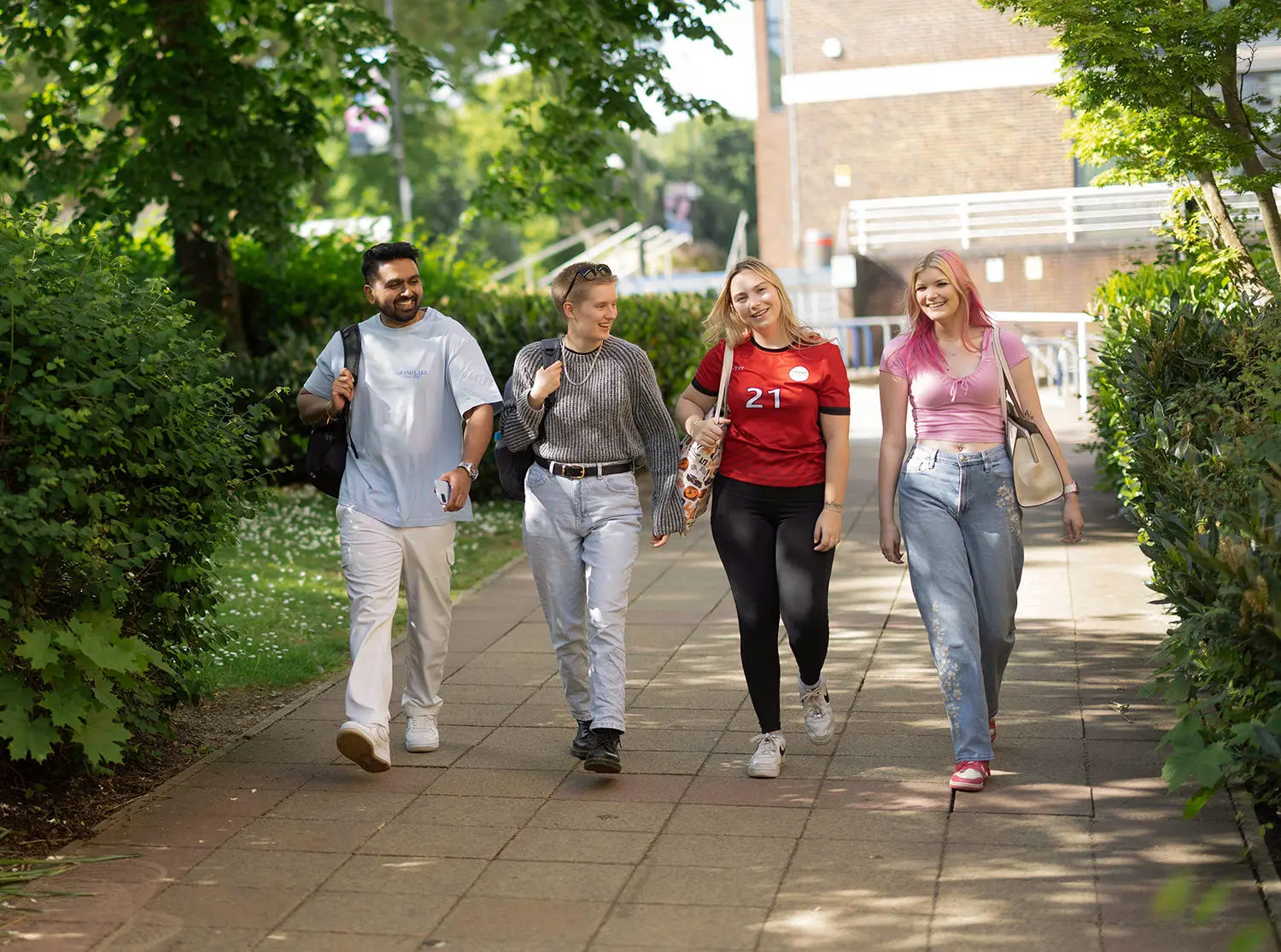
On this module you will learn specific skills in the professional use of adobe creative suite, digital and analogue photographic processes, photo stencil screen printing, intaglio and letterpress printing, book binding and using the 3D workshop.
On this module you will undertake research about visual communication, e.g. the study of visual communication histories, styles, influences, models, and approaches.
This module will allow you to experiment with typographic elements to emphasise the meaning of a variety of texts for different audiences, for screen and print. It will give you hands-on experience of the structure of letterforms, and their origins.
This module will allow you to experiment with image manipulation to communicate a variety of ideas, stories or campaigns for different audiences, using digital and print media.
The study of graphic design history will inform you of the key principles within the industry, and the wide ranging way in which the practice of graphic design has been applied to both commercial and social issues.
This module will show you how to create page layouts for screen and print. It will give you hands on experience of structuring text and image, to tell a story effectively. You will also learn how to stimulate an audience’s interest in a subject, through the organisation of elements on a page.
In this module you will explore the role of the graphic designer in this fast changing sector of the creative industry, learning about the way in which the graphic designer now finds themselves as part of a collaborative team.
This module presents the opportunity to evolve problem solving as a key transferable skill, applicable to all professional career paths.
This module will enable you to develop the skill and confidence to design sequentially in an editorial environment. And will introduce you to the range of careers, concerning structured design, aiming to give you a clearer idea of future possibilities when you graduate.
This module will introduce you to the design fundamentals of experiential graphic design showing you the essential, unique concepts that differentiate experiential design from graphic, industrial and media designers.
In this module you will undertake writing a design brief for a print campaign / book / or digital product and develop the necessary skills needed to undertake research, analysis, evaluation and visual development of that brief.
This module encourages you to engage in competitive aspects of practice. It involves live projects, competitions or briefs from local, national or international companies.
You will be confronted with two national competition briefs. These projects will require research, analysis, and production of a visual communication solution, for competition entry and where possible the opportunity to be assessed by a professional external body.
This module will build upon the skills that you have learned in previous modules on this course, enabling you to undertake in-depth research into an area or topic that you wish to focus on for your FMP.
On this module you will learn the research skills needed to explore the creative industries and the particular sectors that you wish to work in. From this research you will begin to build up a picture of needs of your sector and the skills that the sector requires in its employees or freelancers.
The Final Major Project is the final module on the course and where you will produce a major body of work on an area of interest or focus on a specialist field, bringing together all the knowledge and skills acquired over the course.
Please note: Not all optional modules are guaranteed to run each year.
On this module you will learn to understand that Identity lies at the heart of all Graphic Design and why its wider implications are significant to the field of design.
In this module you will have an overview of ‘interruption’ activity within the context of cultural intervention and why its wider implications are significant to the field of design.
Contact international admissions
Email: Call:Solent’s curriculum framework builds on our unique, creative and applied approach to teaching. The transformation of students’ lives is at the heart of our mission as a university, and our curriculum – informed by the latest theory – reflects this shared educational vision.
Find out more
The student achievement team are on hand to help you succeed during your studies at Solent. They aim to contact you at key times during your time here with personalised information, advice and guidance, by email or phone.
The disability advice team provides information, advice and guidance for disabled students.
All students can access Succeed@Solent, Solent's online guide to getting better grades. It offers extensive, practical information and advice on topics such as academic writing, research and presentations.
Graphic design graduates can pursue employment in a range of different creative industries. From marketing and advertising to printed media production, through to web and UX design, all major businesses require a team of talented designers in order to properly communicate with their customers and stakeholders. Graduates may also find themselves applying for work in creative agencies, or utilising their skills on a freelance basis.
In it's Design Economy 2021-2024 report, the Design Council reported that 1.97m people were working in the UK's design economy in 2020. And in 2019, the design economy contributed £97.4bn to the UK economy.

Starting salary: £18,000 to £23,000
This can rise to £27,000 with experience. At mid-level, you could earn £25,000 to £38,000. Senior graphic designers or creative leads could earn £35,000 to £55,000. Salaries vary depending on the sector, your location, and experience.
Starting salary: £18,000 to £24,000
With experience, salaries can increase to between £24,000 and £40,000. Those in senior roles can earn upwards of £45,000.
The stated salaries are published on prospects.ac.uk. Income figures are intended as a guide only.
Hear from Solent alumni about where their careers have taken them and how studying at Solent prepared them for their future.
Read more stories
“The facilities are fantastic! The photography studio is so professional with all the equipment you could need.”

The Solent Careers team is committed to getting students into great careers.
While you are studying, the team can help you with finding work experience or placements, link you with a mentor, check your CV, or offer one-to-one guidance.
We also have graduate job opportunities just for Solent graduates.

6th
UK uni for sustained employment
Longitudinal Educational Outcomes, 2022
Every student at Solent University will also have the option to study an additional Certificate in Practical Artificial Intelligence qualification alongside their course. Free of charge, the course ensures you'll be prepared for a fantastic and varied career after graduation.

Thinking about studying further than an undergraduate degree? Alumni can get 20% off their postgraduate study.

Do you have an eye for design? Would you like to help influence the future of visual communications? Our MA Visual Communication degree is ideal for creatives keen to refine their practice, working as part of an interdisciplinary group of students.
Find out moreThe tuition fees for the 2026/27 academic year are:
For further information, please visit our tuition fees page.
While most course costs are covered by your tuition fees, some essential resources and optional extras may need to be paid for separately. These additional costs are listed below. For advice on budgeting and managing your money, please contact student.funding@solent.ac.uk.
The 2026/27 additional costs are not yet available. For guidance, previous additional costs have been:
Compulsory costs
Optional costs
Solent University offers a range of bursaries and scholarships that provide financial assistance or waive fees for tuition or accommodation. Each bursary or scholarship has specific eligibility criteria. Check out our bursaries and scholarships pages to find out more.
Cost of living support
At Solent, we understand that the cost of living crisis may be of some concern. To help, we've put together some detailed information to show what support is available and how to make your money go further.
Graduation costs
There is no charge to attend graduation, but you will be required to pay for the rental of your academic gown (approximately £45 per graduate, depending on your award). You may also wish to purchase official photography packages, which range in price from £15 to £200+. Graduation is not compulsory, so if you prefer to have your award sent to you, there is no cost. Extra guest tickets will go on sale after results publication and will be sold on a first-come-first-served basis. The cost per ticket is currently £20. Please note, we do not guarantee there will be any extra tickets available to purchase.
Contact international admissions
Email: Call:Please select an option below:
As a general guide, we look for qualifications that are equivalent to the British high school A-levels.
Applicants from outside the UK will be required to submit an electronic portfolio for consideration.
If you are applying from outside the UK, find information about entry requirements, visas and agents for your country here.
For further information about EU qualifications, please see our course entry requirements document.
For international students who do not meet the direct entry requirements for this undergraduate degree, our trusted partner, QA Higher Education offers the following pathway programme designed to develop your academic and English language skills:
As a general guide, we look for qualifications that are equivalent to the British high school A-levels.
Applicants from outside the UK will be required to submit an electronic portfolio for consideration.
If you are applying from outside the UK, find information about entry requirements, visas and agents for your country here.
For further information about UK, EU and international qualifications, please see our course entry requirements document.
For international students who do not meet the direct entry requirements for this undergraduate degree, our trusted partner, QA Higher Education offers the following pathway programme designed to develop your academic and English language skills:
All international applicants need to be aware that the English language requirements to attend Solent University, and the English language requirements to obtain a visa from the Home Office, may be different. This means that if you meet the Solent University language requirement to gain a place on the course, you may still have to meet additional requirements to be granted with a visa by the Home Office.
We strongly advise all applicants to visit the Home Office website which outlines all the requirements for a successful visa application.
Full-time
Any student applying for the first year of a full-time/sandwich undergraduate course must apply through UCAS (University and Colleges Admissions Service). This includes mature, overseas and EU students.
Nearly all schools and colleges offer their students the facility of applying electronically through the UCAS website using 'Apply'; it may also be used by those applying independently in the UK and overseas. This facility and all course information can be found on the UCAS website: www.ucas.com.
Your application should reach UCAS by 31 January if you hope to enter a course the following autumn. Early application is advised for the most popular subject areas. Late applications may be made until the end of June. The UCAS Code for the University is S30, code name SOLNT.
Find out what happens after you apply
Contextual offers
Solent endeavours to offer learning opportunities to students from all backgrounds. When we receive and review an application, we take into consideration the context and personal circumstances of applicants when making a decision, which means our advertised entry tariff could be reduced.
Find out more about Solent's contextual offers
Top-up route:
We welcome applications from students currently studying a Foundation Degree, DipHE, HNC, HND or modules of an undergraduate degree course at another university, who wish to enter directly into Years 2 or 3 of one of our undergraduate degree courses. Please contact our admissions team for more information: contact us
Applicants who do not have English as their first language will be required to demonstrate an approved level of proficiency in the use of the English language. The agreed minimum requirements for this course are:
Qualifications are checked before enrolment, and international students must bring their original certificates or certified copies when coming to study at the University.
Pre-Sessional English programme
The University also offers a pre-sessional English programme for international students who wish to improve their level of English before starting a degree course.
Contact international admissions
Email: Call: